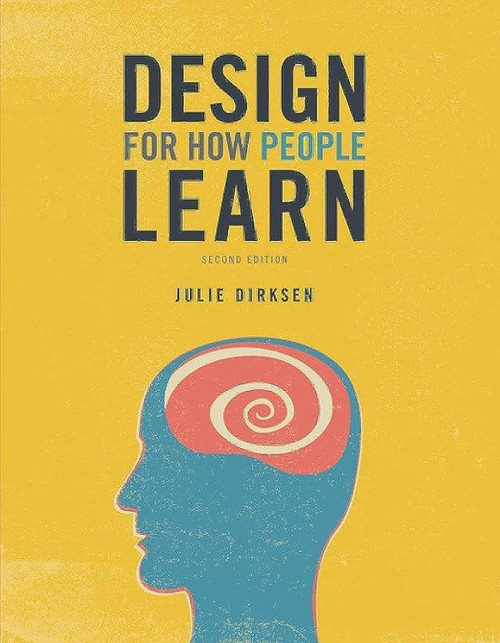When do infants begin to learn? How do experts learn and how is this different from non-experts? What can teachers and schools do--with curricula, classroom settings, and teaching methods--to help children learn most effectively?
This book offers exciting new research about the mind and the brain that provides answers to these and other questions. New evidence from many branches of science has significantly added to our understanding of what it means to know, from the neural processes that occur during learning to the influence of culture on what people see and absorb.
How People Learn examines these findings and their implications for what we teach, how we teach it, and how we assess what our children learn. The book uses exemplary teaching to illustrate how approaches based on what we now know result in in-depth learning. This new knowledge calls into question concepts and practices firmly entrenched in our current education system. Topics include:
- How learning actually changes the physical structure of the brain.
- How existing knowledge affects what people notice and how they learn.
- What the thought processes of experts tell us about how to teach.
- The amazing learning potential of infants.
- The relationship of classroom learning and everyday settings of community and workplace.
- Learning needs and opportunities for teachers.
- A realistic look at the role of technology in education.
If education is to help students make sense of their surroundings and ready them for the challenges of the technology-driven, internationally competitive world, then it must be based on what we know about learning from science. In that light, this book will be of significant professional interest to teachers, education policymakers and administrators, and curriculum developers.










